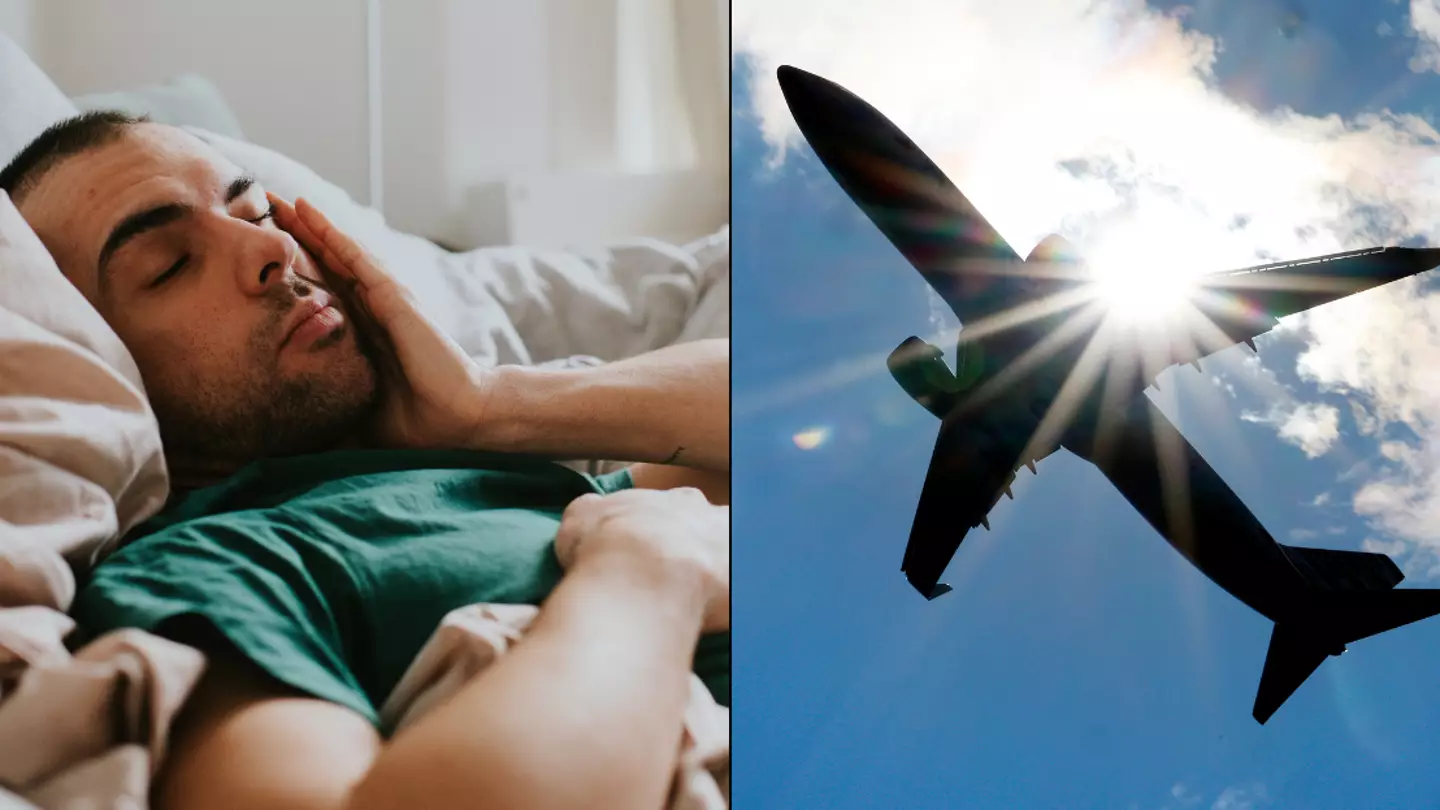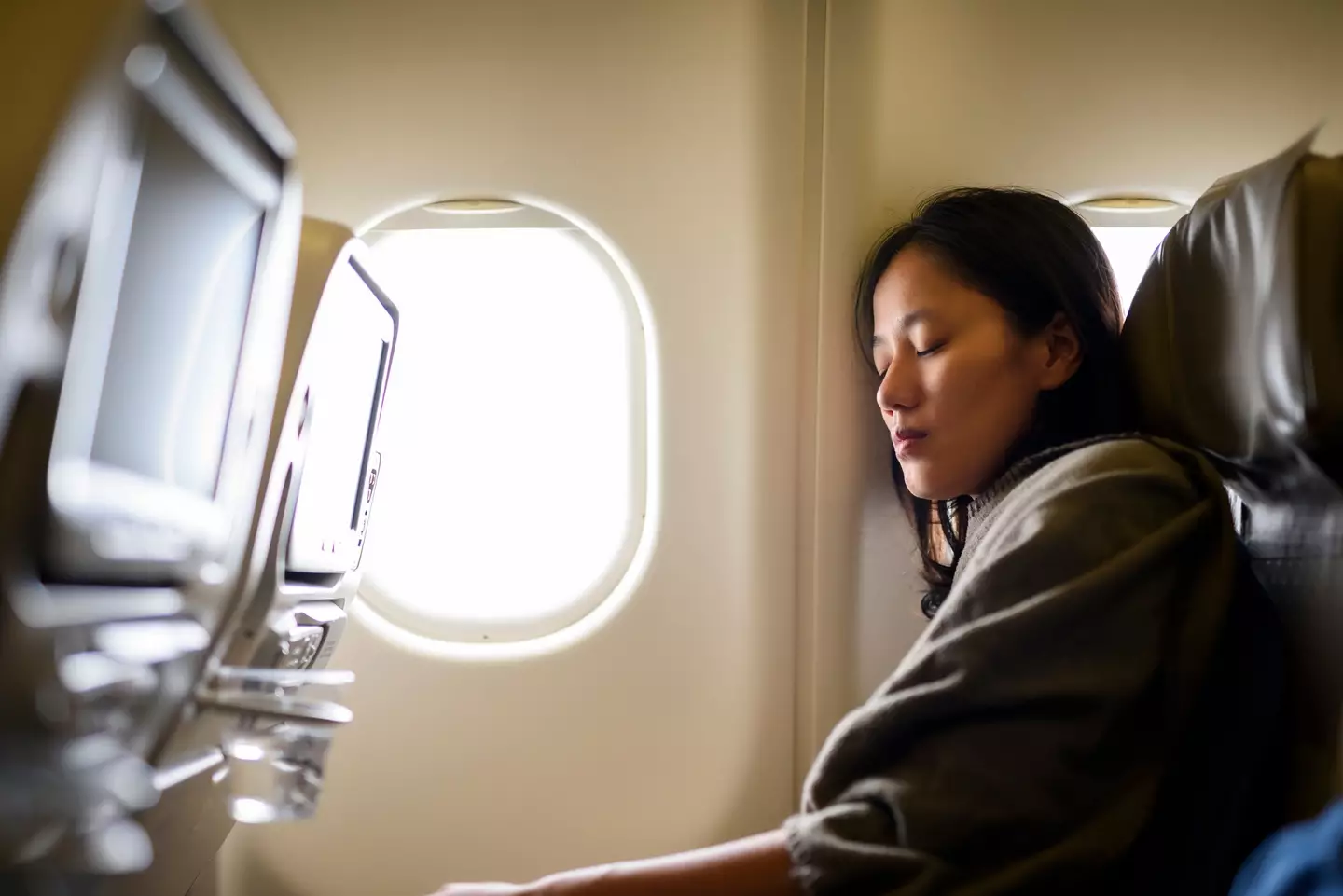
A sleep and body clock specialist has revealed five things you can do to reduce jet lag, but it might involve a bit of planning ahead.
There’s nothing worse than waking up at 3am when you land back in the UK thinking it's the middle of the afternoon, after being on a long-haul holiday.
It can be hard to get back into your normal routine of going to bed and waking up in your usual time zone.

Advert
But a sleep and body clock expert has revealed five things you can do to get back on track, and it turns out that the secret is all in the preparation…
Start to shift your body clock early
Expert Dr. Kat Lederle, shared with Marie Claire that jet lag is simply the result of a desynchronisation of your body clock and the external time.
And apparently, the best way to get around this is to start adjusting your body in the days before your flight.
To do that, you will need to shift your sleep times, mealtimes and light exposure.
Advert
Talking to Marie Claie, Dr. Lederle said: “If you're travelling East, go to bed and get up earlier and expose yourself to morning light while dimming the lights earlier in the evening.
“If you're travelling West, go to bed and get up later, eat later, and go outside later.”
Stick to local timings
This might be one that has been mentioned to you before, but the expert says it is key to mastering little to no jet lag.
She added: “When you arrive, try to do what the locals do – for example, if it's bedtime in your new place, go to bed.”
Advert
However, the doctor did note it is important not to force sleep on your body.
She also recommends staying awake if you arrive during the day.

Get moving
Exercise can be a great way to shake off fatigue, so Dr. Lederle suggests getting up and out.
Advert
However, she also warned: “Do consider the timing of your exercise, though, and what time it is back home.
“This could impact the phase shift of your body clock.”
Up your intake of nutrient-dense foods
Whilst considering what you eat won't shift your internal body clock at all, the doctor suggests that diet plays a part in helping ease unwanted gastrointestinal symptoms.
She encourages bringing your own snacks onto the flight, such as nuts, seeds, vegetable sticks and oat cakes.
Supplement melatonin
Last but by no means least, Dr. Lederle recommends supplementing melatonin if you really struggle to sleep when you arrive at your destination.
Advert
She warns it can help if timed correctly, but that it needs to be of high quality.
Topics: Travel